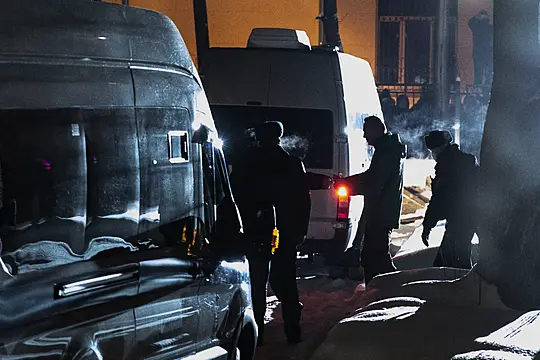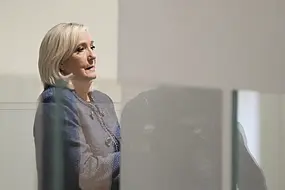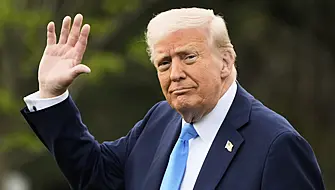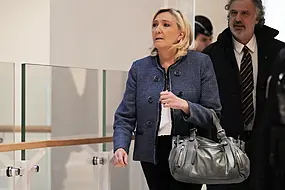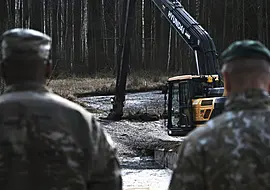Russia has brushed off calls from US and European officials to release opposition leader Alexei Navalny after he was detained on his return to the country.
The Kremlin described the detention of Mr Navalny, who was arrested after returning from Germany following treatment for nerve agent poisoning, as “an absolutely internal matter”.
Statements have come from around the globe condemning the arrest and calling for the immediate release of Mr Navalny, who blames his poisoning on Russian President Vladimir Putin’s government. They add to the existing tensions between Russia and the West, with some EU countries suggesting the imposition of additional sanctions against Moscow.

Kremlin spokesman Dmitry Peskov told reporters that “we can’t and are not going to take these statements into account”.
Mr Peskov told reporters: “We are talking about a fact of non-compliance with the Russian law by a citizen of Russia. This is an absolutely internal matter and we will not allow anyone to interfere in it and do not intend to listen to such statements.”
Mr Navalny was detained at passport control at Moscow’s Sheremetyevo airport after flying in on Sunday evening from Berlin, where he was treated following the poisoning in August. He was ordered to pre-trial detention for 30 days during a hastily set-up court hearing.
Russia’s prison service maintains Mr Navalny, Russia’s most prominent opposition figure and anti-corruption campaigner, violated the probation terms of his suspended sentence on a 2014 money laundering conviction, which was deemed “arbitrary” by the European Court of Human Rights.
Officials are seeking to have Mr Navalny serve the three-and-a-half-year suspended sentence in prison.

The politician has interpreted the crackdown against him as a sign of Mr Putin’s fear. But Mr Peskov insisted that Mr Navalny had violated the law, and said that questions law enforcement had for him “have nothing whatsoever to do with the Russian president”.
Mr Navalny fell into a coma while on a domestic flight from Siberia to Moscow on August 20 and was airlifted to a Berlin hospital two days later. Labs in Germany, France and Sweden, and tests by the Organisation for the Prohibition of Chemical Weapons, established that he was exposed to a Soviet-era Novichok nerve agent.
Russian authorities insisted that the doctors who treated Mr Navalny in Siberia found no traces of poison and refused to open a fully-fledged criminal probe.
Last month, Mr Navalny released the recording of a phone call he said he made to a man he alleged was a member of a group of officers of Russia’s Federal Security Service (FSB) who purportedly poisoned him in August and then tried to cover it up. The FSB has dismissed the recording as fake.
After Mr Navalny was jailed, his allies announced preparations for nationwide mass protests on Saturday and released a video of Mr Navalny urging people to not “be afraid” and “take to the streets”.
Mr Peskov said that while the calls to take to the streets were “alarming”, the Kremlin did not fear mass protests.
